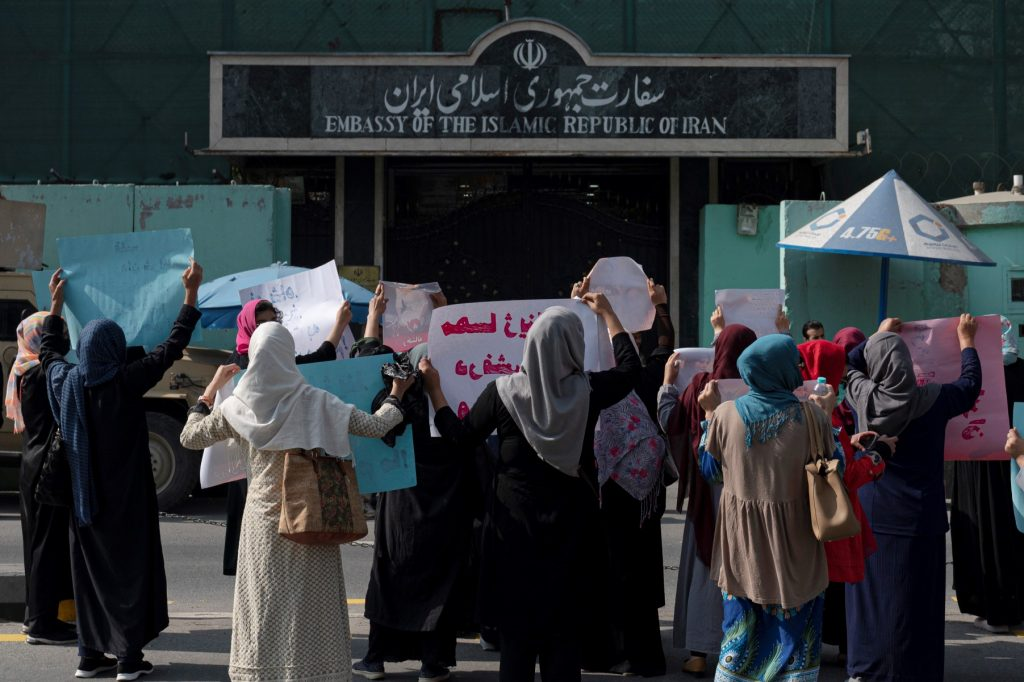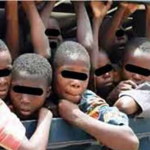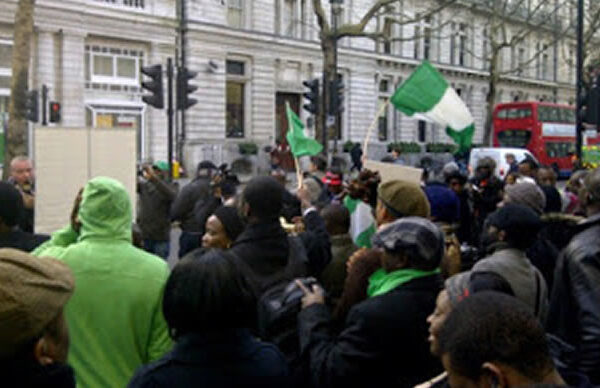Afghanistan’s Supreme Leader Says His Taliban Leadership Has Given Women True Liberty
Afghanistan’s supreme leader, Hibatullah Akhundzada, made a rare public statement on Sunday, asserting that the adoption of Islamic governance had rescued Afghan women from “traditional oppressions” and reinstated their status as “free and dignified human beings.” As the country celebrated the Eid al-Adha holiday, Akhundzada, who governs from the Taliban’s birthplace in Kandahar, emphasized the measures taken to ensure women’s comfortable and prosperous lives in accordance with Islamic Sharia law.However, the United Nations expressed profound concern last week over the rights violations faced by women under the Taliban’s rule, warning of a system of gender apartheid. Since reclaiming power in August 2021, the Taliban has implemented restrictive policies, preventing girls and women from attending educational institutions, banning them from public spaces like parks and gyms, and mandating the use of veils when leaving their homes. Additionally, women have been barred from working for international organizations and NGOs, and many female government employees have lost their jobs or are being paid to stay at home.Contrary to these concerns, Akhundzada insisted that necessary steps had been taken to improve the status of women in Afghan society. His statement highlighted a six-point decree issued in December 2021, which aimed to guarantee women their rights. The decree outlawed forced marriages and secured rights related to inheritance and divorce. Akhundzada expressed his belief that the negative aspects of the past two decades, particularly regarding women’s hijab and guidance, would soon be eliminated.A report presented to the UN’s Human Rights Council by Richard Bennett, the special rapporteur for Afghanistan, described the plight of Afghan women and girls as one of the most severe in the world. Bennett emphasized the existence of grave, systematic, and institutionalized discrimination against women, raising concerns about gender apartheid. Nada Al-Nashif, the UN Deputy High Commissioner for Human Rights, added that women’s and girls’ lives had been severely restricted over the past 22 months, enduring discrimination in all aspects.Despite his infrequent public appearances, Akhundzada has consistently released extensive statements akin to state-of-the-nation addresses before significant Muslim festivals and holidays. Acknowledging the restoration of Afghanistan’s independence, he praised the nation’s economic resilience, efforts to eradicate opium poppy cultivation, and the progress made in national security. Stressing the importance of safeguarding and serving the Islamic system, Akhundzada called for unity, the elimination of conspiracies, and collective efforts to further enhance security and prosperity.












